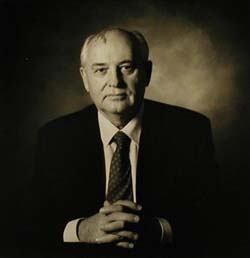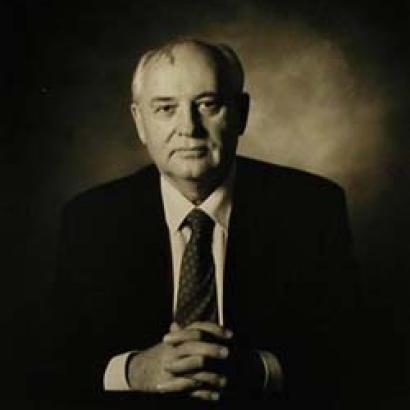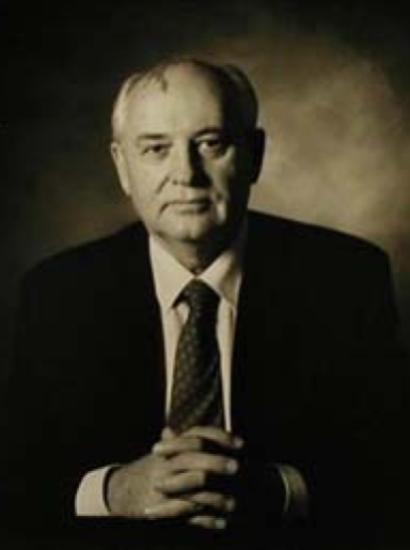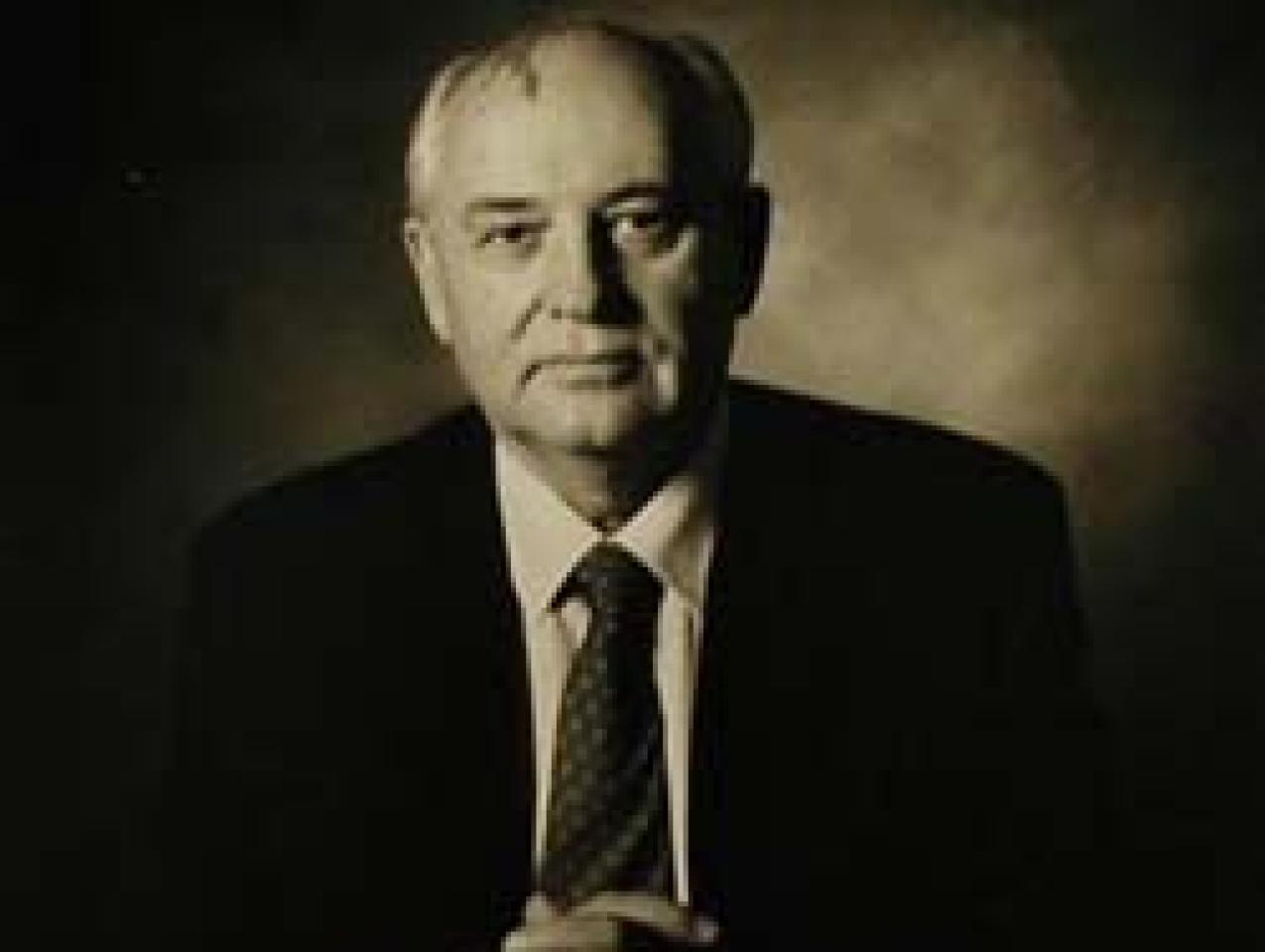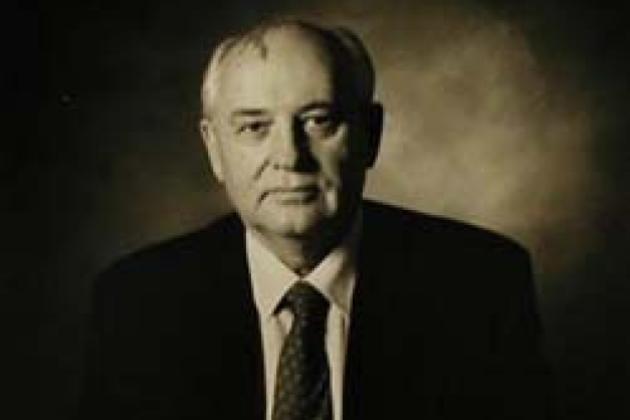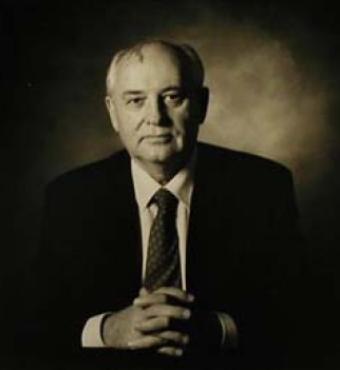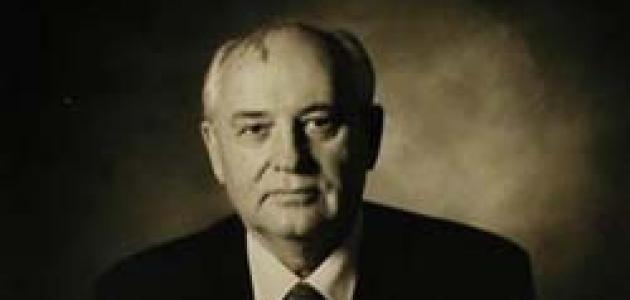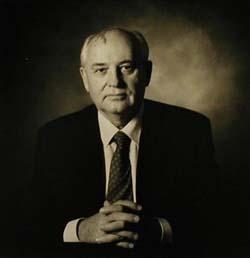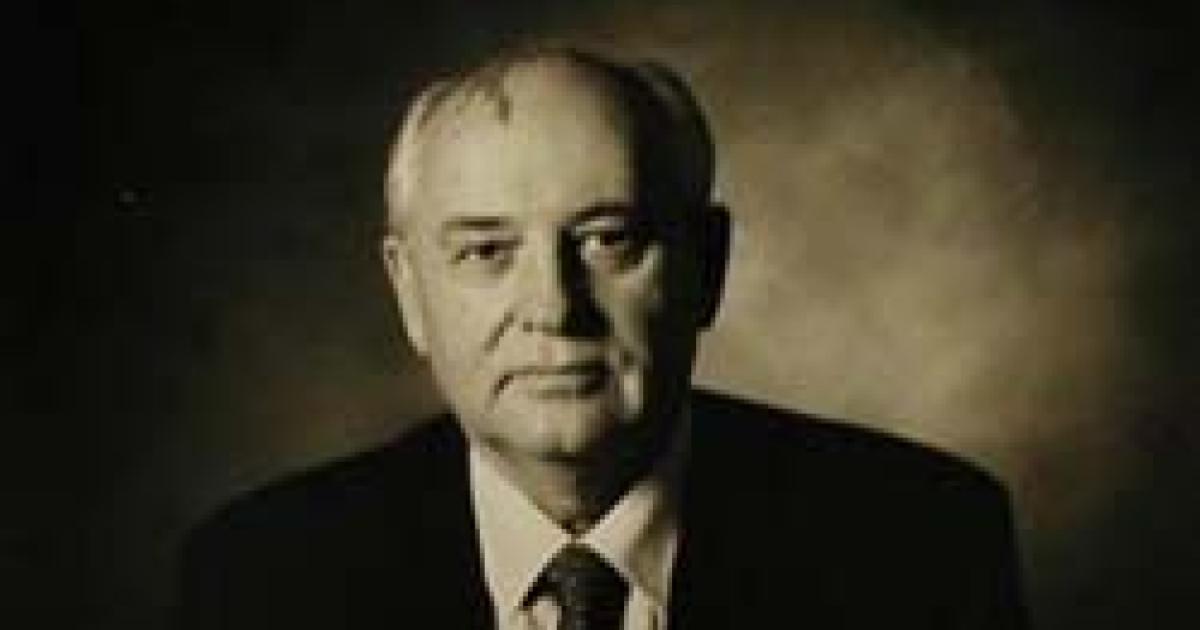We're coming up to the twentieth anniversary of the August 1991 coup against Mikhail Gorbachev and his perestroika in the USSR. The coup never came to anything. The anti-Gorbachev plotters lacked the will to finish the job even though they had the levers of power - the army, the KGB and the media - in their hands. In fact they hastened the end of the USSR by their bungled action.
Gorbachev didn't come out of the episode very well, and indeed he contributed to the optimism of the plotters by his own measures in the previous twelve months. KGB chief Vladimir Kryuchkov, the éminence grise behind the coup, had more than once called for martial law to be declared. Gorbachev had heard him making this demand, and yet he had kept him in post while sacking those reformers whom Kryuchkov criticised. We should therefore avoid turning the history of the episode into a story of one hero-victim and a gang of villains.
Gorbachev did many things creditable things in helping to bring the Cold War to an end, but he was also too clever for his own good and his country's good it came to games of political intrigue. And back in 1991 he had no idea about how to pull the economy back from disaster. When he resigned his post at the end of the year, most Russians did not regret his departure.
His reputation abroad, to this day, vastly exceeds his image in the minds of his fellow citizens.






